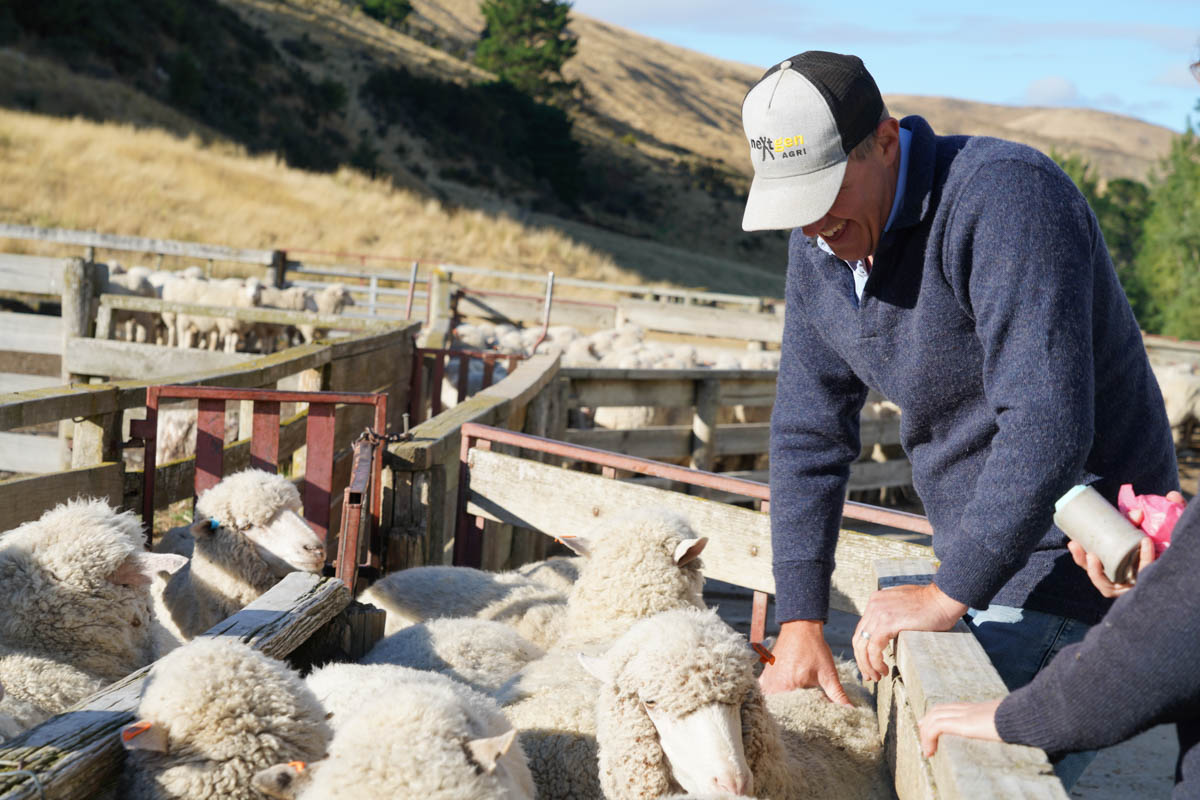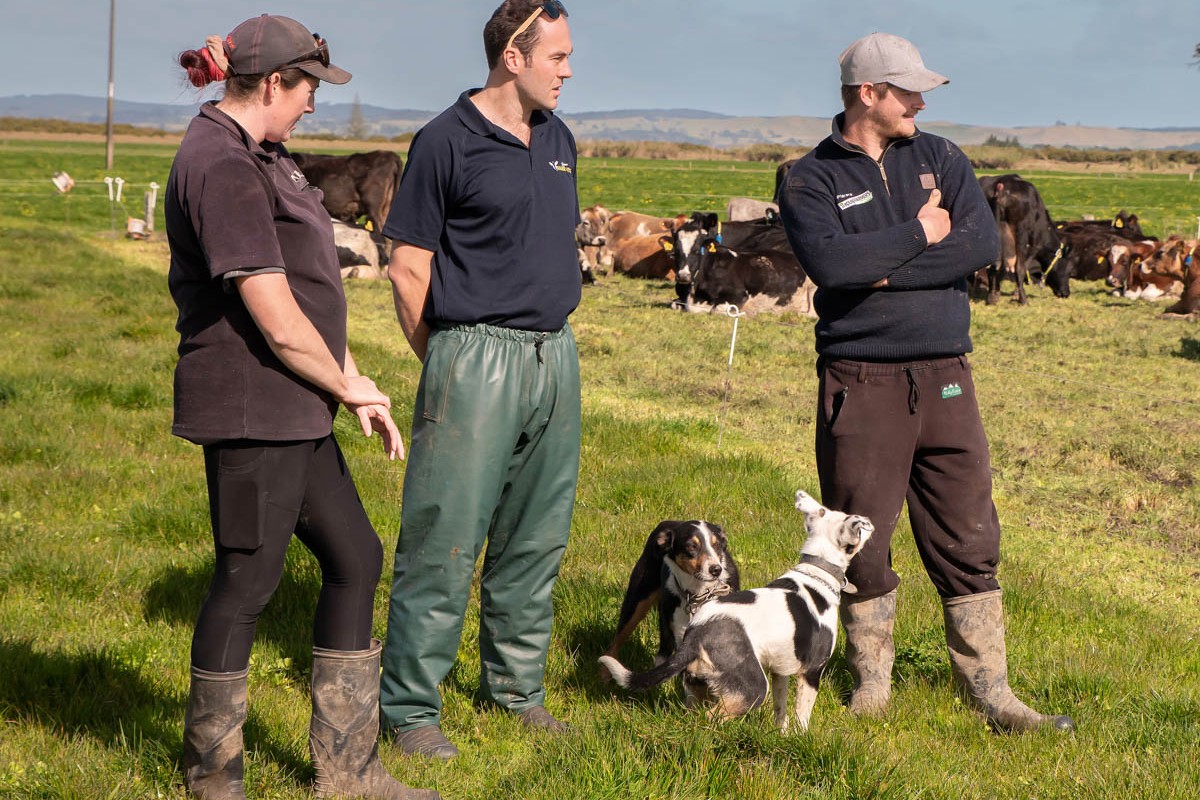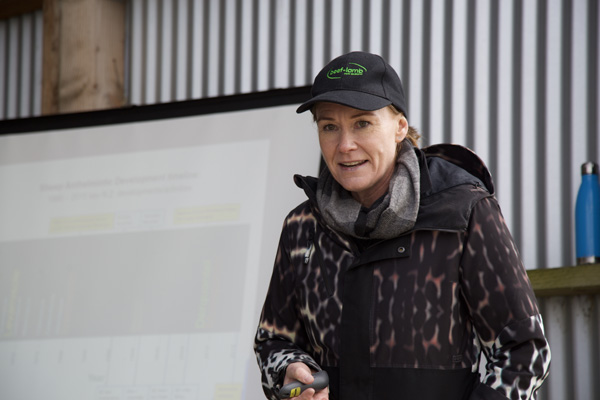Dave Warburton
With an increased awareness of the threat of drench resistance commercial farmers are asking questions and educating themselves about methods to increase the effective life of products.
Drench product marketing can be compelling – all claiming to eliminate parasites and keep your sheep healthy and growing fast. But do they? Do we need them? And what are the risks?
Sadly, the science behind parasite management has no marketing budget. Drench salesmen rarely offer other solutions. Farmers need to educate themselves to make informed decisions about managing worms and product use.
There is no ‘one size fits all’ programme. Parasite species and loads on farms differ and seasons vary. There is also no ‘free lunch’; products that make things seem easy or cheap may in fact have a huge long-term cost. The use of long-acting products has contributed greatly to the current rise in resistance.
A key to sustainable drench use is simply to reduce reliance on product.
Refugia – the undrenched population of animals on the property, is a strong tool in the box to fight resistant parasites. Undrenched animals will shed competing susceptible parasites, helping dilute the population of resistant worms.
Mature animals have a strong immune response to parasites they ingest and will neutralise larva in their gut, shedding less eggs as a result.
Ask these questions:
- Do these animals actually need a drench?
- Is this the right product?
- What is best practise use of this product?
- What are the risks?
Genetics can play a part in the long-term goal of reducing inputs. Genetic selection will, over time, help build a flock with both lower egg counts (FEC) and more ability to grow and produce in the face of worm burdens when selecting rams using a Maternal Worth + WormFEC index. Heritability of FEC is quite high so gains can be made through selection and incorporating genetics. There are breeders using minimal drench and achieving high performance.
Beef and Lamb NZ offer a great educational workshop – Wormwise.
Ask your local extension manager for details.
- Dave Warburton is a veterinarian in the Hawke’s Bay. Article supplied by WormFec Gold.




